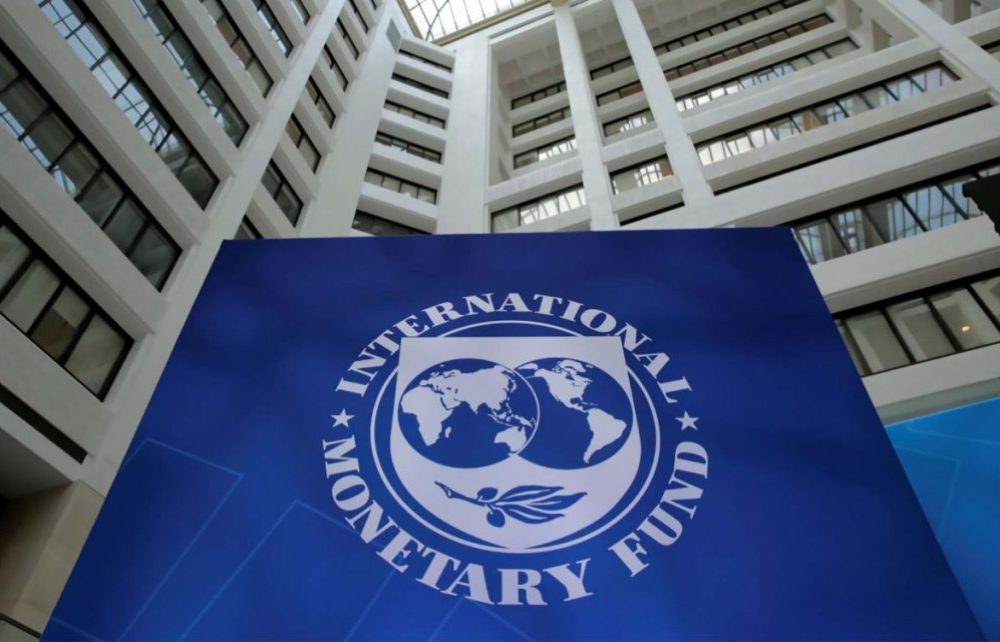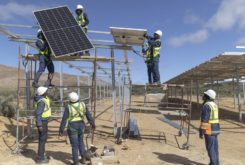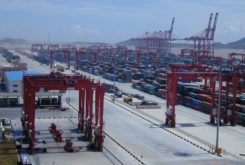A new International Monetary Fund (IMF) programme for Cabo Verde is to be approved by mid-2021, supporting post-pandemic economic recovery, the Economist Intelligence Unit (EIU) estimates.
“After a sharp contraction in 2020, real GDP will recover in 2021-22, in line with an uptick in the global economy and a gradually recovering tourism sector. However, real GDP will return to 2019 levels only after the end of the forecast period”, the EIU says in its most recent report on Cabo Verde.
“Mitigating the economic and social fallout from the coronavirus (Covid-19) pandemic will dictate short-term policy. Relations with the IMF will remain strong over the forecast period, and we expect a new Fund programme to be approved by mid-2021”, the report adds.
Cabo Verde’s economy remains dependent on the tourism sector, leaving it highly vulnerable to swings in the global economy (especially trends in tourism).
Other sectors like fisheries, transport and construction are also growing and will support growth.
The current-account deficit will continue to be guided by the services account, which moves in line with tourism receipts (mainly from Europe). According to the EIU, financing requirement “will rise sharply in line with a large deficit in 2021-22, but multilateral support will be forthcoming”.
“The fiscal response to the pandemic has led to a sharp expansion in the fiscal deficit. Cabo Verde’s debt stock is the second largest in Sub-Saharan Africa (as a share of GDP). Fiscal consolidation will be difficult, and there is a substantial risk to debt sustainability”, the report adds.
Legal Update/ Cabo Verde: Special Legal Regime for SMEs, Income Tax Codes
A downside risk to the country is a slower recovery in Europe, which will lead to lower tourist arrivals than currently forecast and negatively affect all aspects of the economy.
“Continued travel restrictions in Europe—the country’s major tourism market—will cause a slower recovery in services exports. Coupled with the knock-on impact of lower earnings in 2020, we now expect the current-account deficit to average 15.3% of GDP in 2021-22”, the EIU adds.
In terms of international cooperation, Cabo Verde “will seek to strengthen South-South co-operation, especially with China, in order to take advantage of its strategic position for transatlantic trade”.




